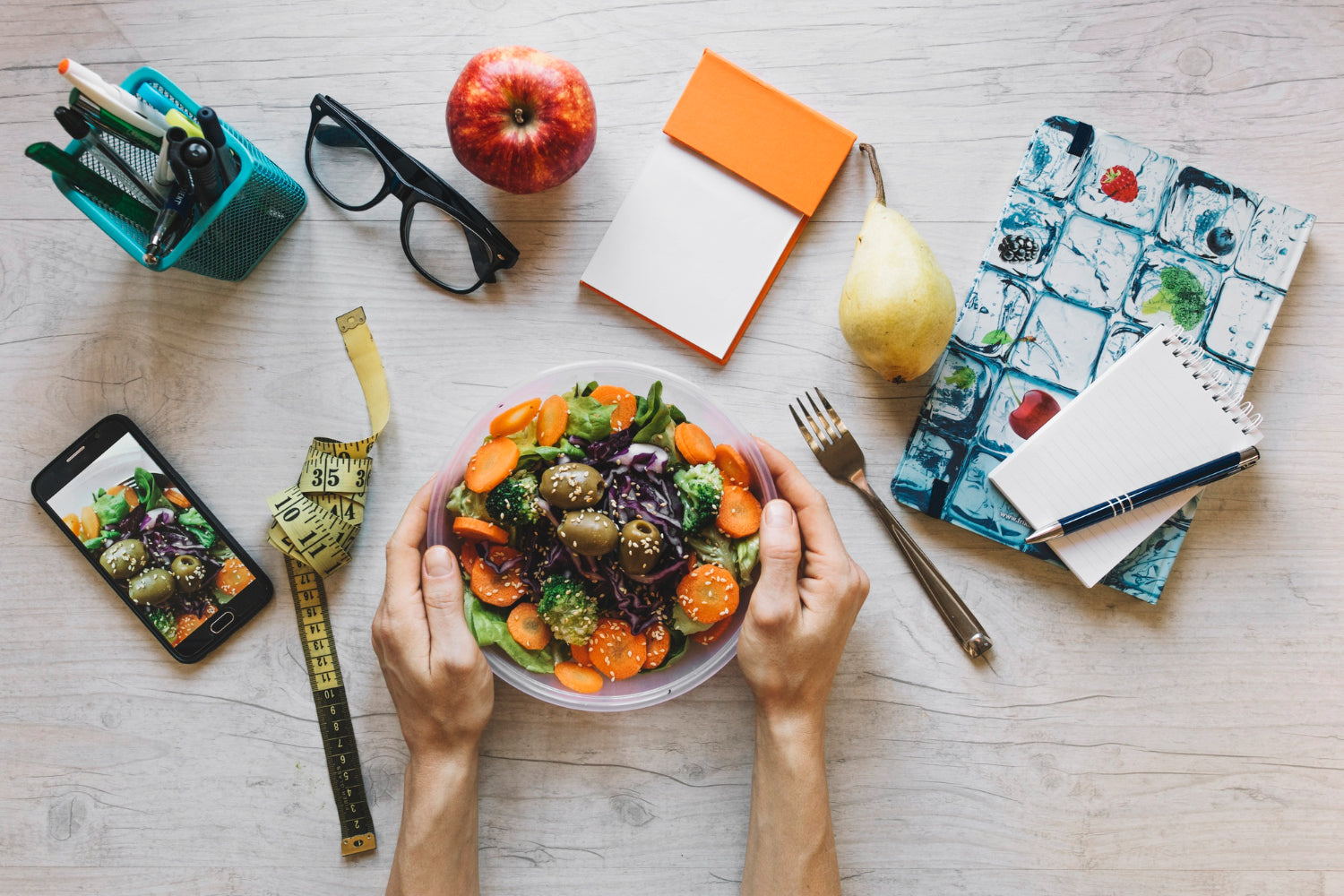Customer Care (10am-6pm Mon-Fri)
-+9172080 88720
Customer Care
(10am-6pm Mon-Fri)
+91-72080 88720

Well-being is such a subjective term that it can mean different things to different people. Some people consider exercising a way of improving their well-being, while others think that it has to do more with mental health.
But it's a known fact that mind and body are connected, and our physical well-being affects our mental well-being and vice versa. Though mental well-being is intangible, what we can do is look after our physical well-being, and our mental well-being will ultimately be taken care of. And physical well-being starts with the gut. Our gut consists of millions of microorganisms that help to keep the immune system healthy, aid digestion, and absorb essential nutrients from food.

We always associate our well-being with what we have in meals, but have you considered how our post-meal habits can affect our well-being? While we are constantly loaded with information dictating what we should do, it's refreshing to find things that we don't necessarily need to do for a change.
Some people crave sweets immediately after having their lunch, and others prefer to have a good nap for an hour. So, do these habits have any consequences for our well-being?
“Post-meal habit” is not a new-age fad; it’s what people have been following for centuries but have forgotten in the new age.
Hydration throughout the day is very important for your body, but having a glass full of water post-meal slows down the digestion process as the enzymes and acids in the body are affected. Drink water half an hour before meals or have a few small sips after meals if necessary.
2. Don’t doze off:

When we have food, it is natural for the blood in our body to flow towards the stomach and aid in the digestion process. This causes us to be sleepy, but having long naps after sleep causes acidity as the digestive juices move upwards. Instead of sitting down at a place with a timer set for 15 minutes and having a leisurely walk, this will distract your mind and also help you digest your food better.
3. No fruits post-lunch or dinner:Though fruits are naturally rich in sweetness and are excellent sources of vitamins and minerals, having them in your food can cause you more harm than good. You won’t get the complete nutritional benefits and may also face digestive issues. Have fruits in the early hours of the morning instead of tea; this will keep you full for longer as fruits release sugar slowly, hence giving you a sense of fullness.
4. Avoid showering after eating:

Remember the age-old tip from grandmothers to not go to the bathroom immediately after a meal? Well, it has the backing of science to go with it. When we have a bath, the blood moves from the body towards the skin for thermoregulation, and the digestion process slows down, again giving you a hard time. Fix a time for your morning routine, which includes having a bath. This will reduce the chances of having a bath after food intake.
5. Avoid work-outs:If you are a fitness enthusiast, you may have already heard your instructor tell you to work out two hours post-meal. Working out immediately after a meal can create havoc for your digestive system, and suddenly, physical strain on the stomach may cause indigestion, vomiting, and nausea. Always follow the rule of waiting two hours after meals before starting any rigorous physical activity.
6. Curb your sugar cravings:If you have a sweet tooth, you may have developed the habit of eating dessert after meals. Even though changing this habit is tough, if statistics are to be believed, these desserts are making your digestion sluggish as the complex carbohydrates in processed sweets make digestion complex, reducing healthy gut bacteria and even increasing body fat. You can reduce this post-meal habit by practicing portion control. Don’t directly eliminate the dessert, but reduce the quantity. This will give you a sense of satisfaction without affecting your well-being.

Leave a comment